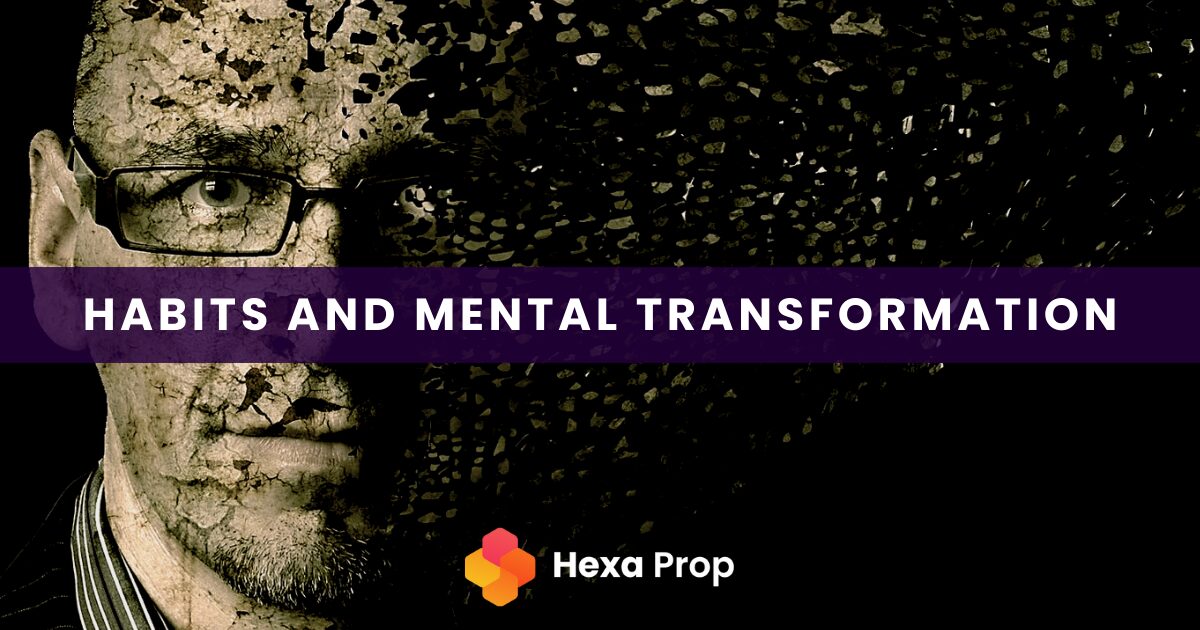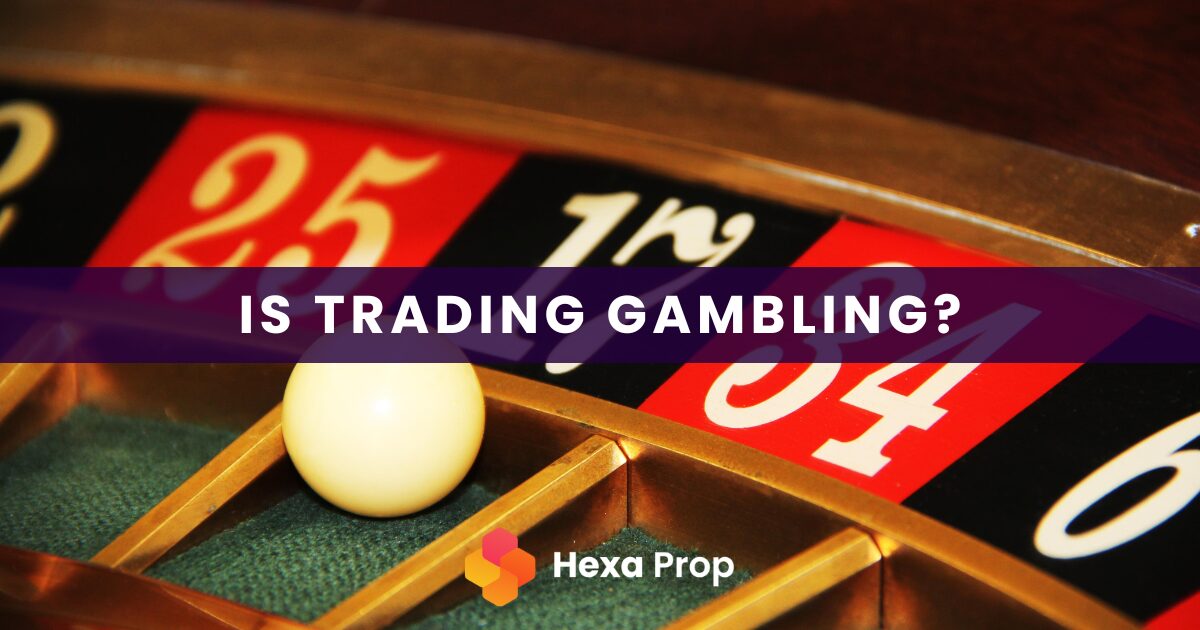Habits are learned behaviors that become automatic through repetition, eventually becoming unconscious. Behind every conscious thought, decision, or action lies a complex series of unconscious mental processes, hidden beliefs, and emotions that can undermine even the most determined person’s plans. Many successful investors believe that applying the right mental habits is crucial to the success of any endeavor. Why should trading be any different? Changing ingrained mental habits can be challenging, but it’s not impossible.
Breaking deeply ingrained negative habits begins with recognizing the flawed behavior pattern. When a trader realizes they are repeating costly mistakes, they might conclude that they are “destined to lose” or believe they subconsciously desire losses—a sentiment that may hold some truth. Failures indeed stem from recurring mistakes, but this doesn’t mean they are intentional. Rather, it’s that the behavior causing the problem may have once been useful in life and is repeated with the hope of solving a problem, though it no longer serves in the trading environment. Once a harmful pattern is recognized, it must be interrupted. Every trading day presents an opportunity either to revert to old mistakes or to make changes.
Mental Transformation
Successful traders think differently from the average person. You need to become a different person—develop a second personality, your “trader self.” For some, this shift comes more easily than for others, depending on one’s mental disposition.
In the trading world, you must overwrite certain instincts and behaviors inherited from the animal kingdom, ingrained over tens or hundreds of thousands of years. Overwriting these instincts is not an overnight process, but it’s essential, as these reactions often work against us in the market. What served our ancestors in the wild—reacting instantly to threats—can be detrimental to our capital in trading. If an ancestor was attacked by a saber-toothed tiger, there was no time to think; survival required immediate action. Their body reacted automatically, diverting blood to the muscles for fight or flight, not to the brain. In this scenario, quick-acting individuals survived, not those who remained calm and thought things through. This instinct is part of our genetic inheritance, yet in trading, following emotions can lead to losses.
If you stick to your strategy, manage your money wisely, and set stop losses appropriately, you won’t lose so much on a trade that it triggers strong emotions. Even if you do, you shouldn’t let emotions take control. Emotional decisions can lead to further losses, as you may be tempted to chase quick recoveries, which often results in greater losses.
Never open a position based on emotions! Whether you’re elated or frustrated, avoid trading until your emotional state has returned to normal. Strong emotions distort your perception; you may see things on the chart that aren’t there or overlook things that are. Even winning and feeling euphoric can be dangerous if you haven’t yet learned to control your emotions. Trading under euphoria is like trading under the influence of drugs. You wouldn’t trade under the influence of alcohol or LSD, would you? Trading is a mental game; if you aren’t mentally prepared, you’ve already lost before you’ve begun.





